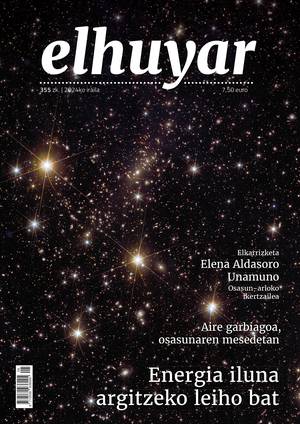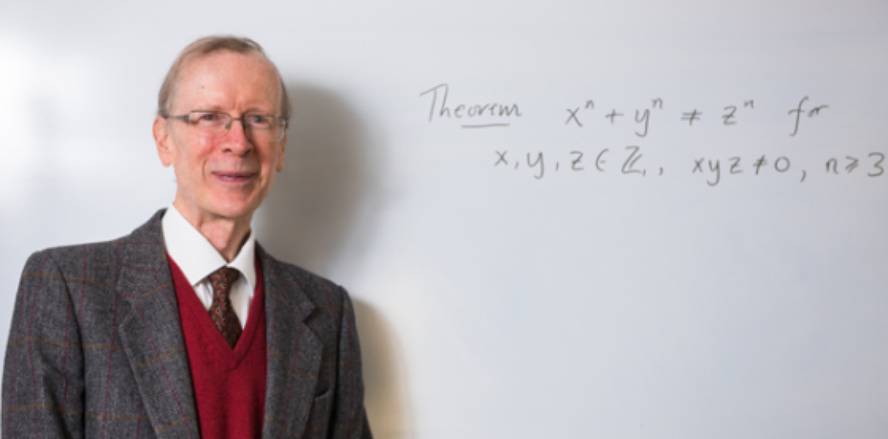Mathematician Andrew J. Wiles receives the 2016 Abel Prize in Norway
Wiles got what many mathematicians failed for centuries: Resolution of Fermat's last theorem. His historical importance and his great influence on the development of mathematics have been praised for giving mathematicians the equivalent of the Nobel Prize.
Pierre Fermat raised the problem three centuries ago, when in 1637 he read a copy of the book Arithmetica de Diofanto de Alejandría, which spoke of the theorem of Pythagoras. Since then many mathematicians have tried to solve the theorem, but all efforts have been useless until Wiles resolved it in 1994.
Fermat's last theorem indicates a simple relationship between integers. When n is greater than 2, there are no three positive integers x, and z that meet xn+yn=zn.
Wiles himself mentioned that at 10 he found in the local library a book about Fermat's last theorem. He was surprised that, after 300 years, it had not yet been resolved. “From that moment I knew I wouldn’t let him escape,” said Wiles- “I had to resolve.” However, he had to dedicate himself for many years to solving the theorem.
The award wanted to recognize Wiles' scientific career. But the English mathematician has a long history of awards. Before being awarded the Abel Prize, he has already received numerous important prizes in mathematics and science: Rolf Schock Prize, Ostrowski Prize, Wolf Prize, Royal Society Medal of London, Shaw Prize, among others.







